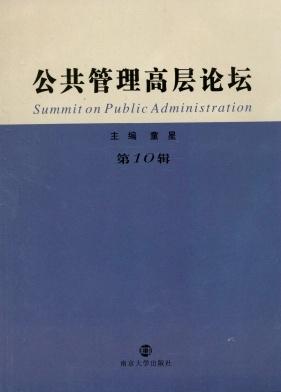Dynamic AP Selection and Cluster Formation with Minimal Switching for Green Cell-Free Massive MIMO Networks
引用次数: 1
Abstract
Aiming at the implementation of energy-efficient cell-free networks, several approaches have been proposed in the literature, which consider different access point (AP) switch ON/OFF (ASO) strategies for power minimization. Different from prior works, this paper focuses on additional factors that have an adverse effect not only on total power consumption but also on implementation complexity and operation cost. For instance, too frequent ON/OFF switching in an AP can lead to tapering off the potential power saving of ASO by incurring extra power consumption due to excessive switching. Indeed, frequent switching of APs might also result in thermal fatigue and severe lifetime degeneration. Moreover, time variations in the AP-UE (user equipment) clusters in favor of energy saving in a dynamic network bring additional signaling and implementation complexity. Thus, we propose a multi-objective optimization problem that aims to minimize the total power consumption together with AP switching and AP- UE clustering variations in comparison to the previous state of the network. The proposed problem is cast in mixed integer quadratic programming form and solved optimally. Our simulation results show that by limiting AP switching (node switching) and AP- UE cluster reformation switching (link switching), the total power consumption at the radio site only slightly increases, but the number of average switching drops significantly regardless of node or link switching. It achieves a good balance on the trade-off between radio power consumption and the side effects excessive switching will bring.绿色无小区大规模MIMO网络的动态AP选择和最小交换簇形成
为了实现节能的无蜂窝网络,文献中提出了几种方法,这些方法考虑了不同的接入点(AP)开关ON/OFF (ASO)策略以实现功率最小化。与以往的工作不同,本文关注的是对总功耗、实施复杂性和运行成本都有不利影响的其他因素。例如,AP中过于频繁的ON/OFF开关可能会导致由于过度开关而产生额外的功耗,从而逐渐减少ASO的潜在省电能力。事实上,频繁切换APs也可能导致热疲劳和严重的寿命退化。此外,在动态网络中,AP-UE(用户设备)集群中有利于节能的时间变化带来了额外的信令和实现复杂性。因此,我们提出了一个多目标优化问题,旨在使总功耗以及AP交换和AP- UE聚类变化与网络先前状态相比最小化。将该问题转化为混合整数二次规划形式,并得到最优解。仿真结果表明,通过限制AP交换(节点交换)和AP- UE集群改造交换(链路交换),无论节点交换还是链路交换,无线站点的总功耗仅略有增加,但平均交换次数明显下降。它在无线电功耗和过度切换带来的副作用之间取得了很好的平衡。
本文章由计算机程序翻译,如有差异,请以英文原文为准。
求助全文
约1分钟内获得全文
求助全文

 求助内容:
求助内容: 应助结果提醒方式:
应助结果提醒方式:


